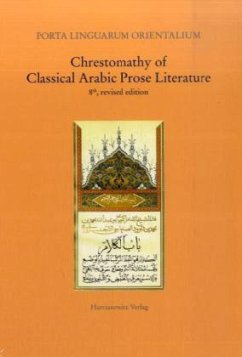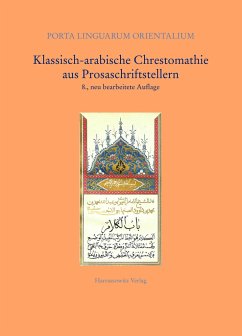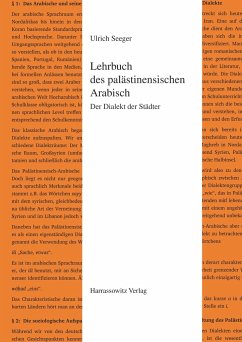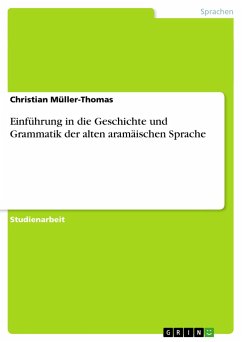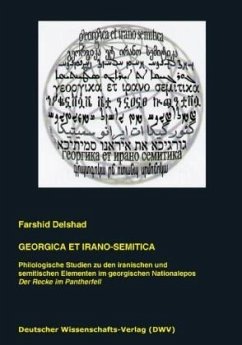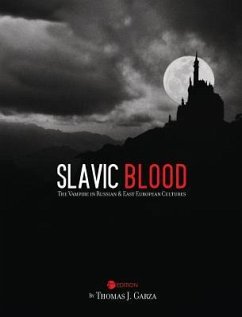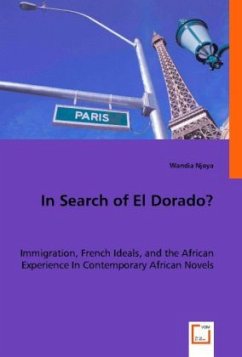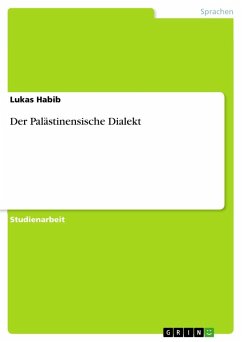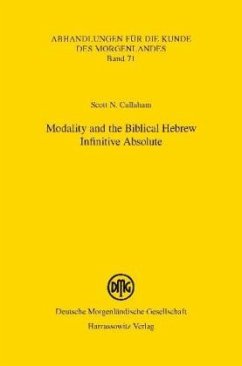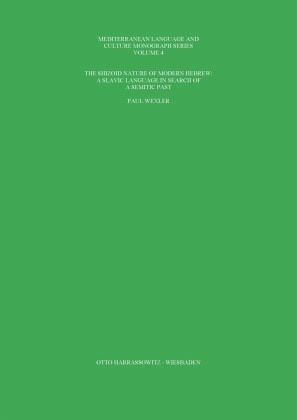
The schizoid nature of Modern Hebrew: A Slavic language in search of a Semitic past
A Slavic language in search of a Semitic past
Versandkostenfrei!
Versandfertig in 6-10 Tagen
28,99 €
inkl. MwSt.

PAYBACK Punkte
14 °P sammeln!
Hebrew is regarded as a former living language which ceased to be a native language 1800 years ago, only to be given a spoken function anew in the late 19th century. Since the re-acquisition of a lost colloquial function has never been documented, Modern Hebrew has become an object of fascination among linguists and laymen alike.In this book the author claims- Modern Hebrew is not a direct continuation of monolingual Semitic Hebrew- Modern Hebrew was created when Yiddish speaker re-lexified their language to Biblical and Mishnaic Hebrew- Yiddish is a Slavic language, derived from Sorbian and t...
Hebrew is regarded as a former living language which ceased to be a native language 1800 years ago, only to be given a spoken function anew in the late 19th century. Since the re-acquisition of a lost colloquial function has never been documented, Modern Hebrew has become an object of fascination among linguists and laymen alike.In this book the author claims- Modern Hebrew is not a direct continuation of monolingual Semitic Hebrew- Modern Hebrew was created when Yiddish speaker re-lexified their language to Biblical and Mishnaic Hebrew- Yiddish is a Slavic language, derived from Sorbian and thus, Modern Hebrew is a Slavic LanguageThese claims raise a number of interesting questions: why do most speakers believe that Modern Hebrew is a Semitic language, what are the contributions of Modern Hebrew to the typology of diglossia, historical and genetic linguistics, universal grammar, 2nd language acquisition and political science?



